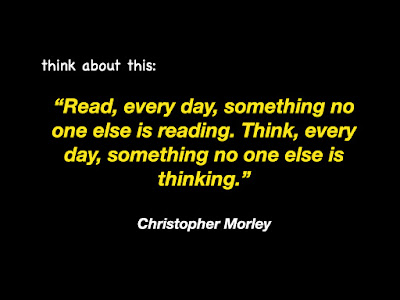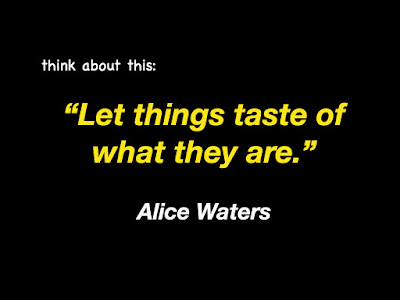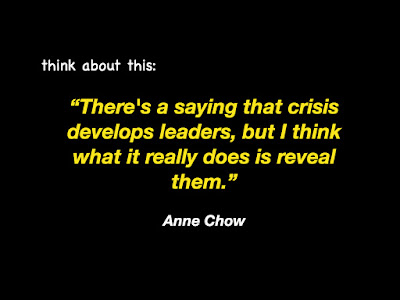30 days has September, April, June and November… you probably remember that rhyme-to-learn song in elementary school: the days in a month are always the same. It should be that simple at work. But managing people is hard because managers sometimes can’t rely on what employees tell them, or employees have a hard time getting a straight answer from their managers. If you’re experiencing this, maybe your workplace culture isn’t as open and trusting as it needs to be. You should encourage and allow your employees to tell you the truth even when it hurts. And not over-react. Maybe then they’ll be more truthful when you have to ask hard questions. It’s a lot like being a parent of a teenager… if you know what I mean. Creating trust means more listening that talking, more coaching that blaming, more patience than knee-jerk reactions, and more thoughtful wisdom rather than shoot-from-the-hip directions. It takes time and effort to make people comfortable with acting responsibly and being responsible for their actions. If employees know they can get away with things, they’ll try, but if they know they’ll have to live up to expectations, they’ll try harder. Improving behavior and fixing what’s wrong is much harder than writing an employee off. But, like I said, that takes good soft skills and caring efforts. And it always starts with trust. And that never changes. Develop and foster trust today.
Diane Arbus (1923 – 1971): American photographer.

























